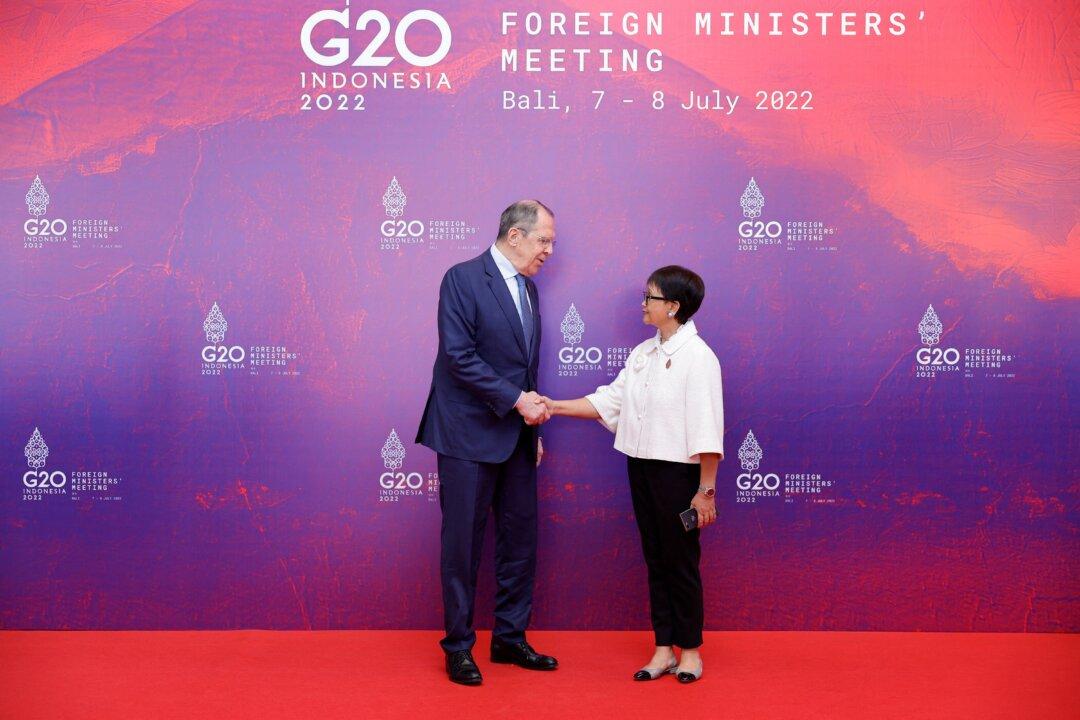The third meeting of the G20 finance ministers and central bank governors took place on the Indonesian island of Bali on Friday, with the economic fallout of the Russia–Ukraine war being the major focus.
In her opening remarks, Indonesian Finance Minister Sri Mulyani Indrawati called on the G20, the world’s top economies, to reach a consensus to address global challenges, as she warned of a “catastrophic” crisis outcome.





